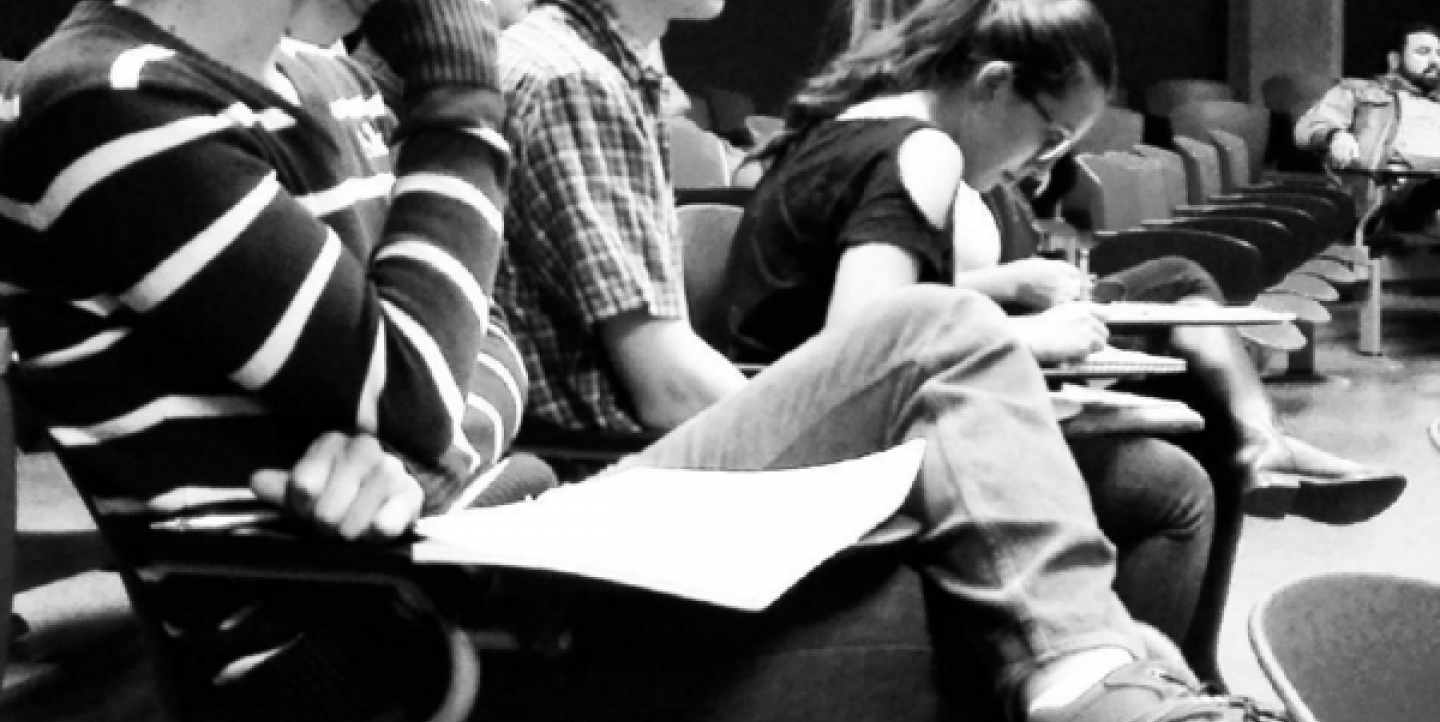A new network of student and experienced journalists in Costa Rica aims to advance the standard of reporting in the Central American country, through the production of high-quality stories on social issues that often go ignored in the country's media. Together, students and their mentors will cover issues of local and/or national significance, such as clean water, quality education and climate change, as well as solutions.
The initiative, called Punto y Aparte – or “Full Stop” – was officially launched last week by veteran Costa Rican journalist and professor Yanancy Noguera. It will inaugurate its first class of participants in April: 15 standout journalism students and volunteer mentors, who include some of the country’s most well known journalists. Noguera, who formerly led Costa Rica’s largest daily newspaper La Nación, says it’s both an effort to provide training and support to a new generation of journalists and to give a greater voice to high-quality social and solutions-based reporting.
“We’re not trying to redefine journalism or journalists,” Noguera says. “We’re just writing a new chapter in the history of quality journalism in Costa Rica.”
The seeds of Punto y Aparte were planted in 2010, when Noguera was a global leadership fellow at the Aspen Institute’s Central American Leadership Initiative. There, she devised the idea for a social impact project that would benefit Costa Rica's news agenda as well as promote social responsibility. Five years later, she began to work full-time on the project, making connections with universities, mentors and sponsors. The project is being coordinated by Costa Rica’s Instituto de Prensa y Libertad de Expresión (IPLEX).
Here’s how it works: Exemplary young journalists – from the University of Costa Rica, Universidad Latina and the San Judas Tadeo University – are paired with experienced journalists, who will provide guidance and professional media connections. Among the high-caliber professional journalists who are participating: former La Nación director and United Nations representative Eduardo Ulibarri, CNN correspondent Glenda Umaña and veteran television journalist Édgar Silva. There are currently 37 participating mentors and eight advisors.
Noguera stresses that veteran journalists are mentors — not tutors. “A mentor is someone that can change your life,” she says. And “everyone selected for the project is incredibly passionate.”
Via the support of various corporate sponsors, including Deloitte, BAC San José and Aldesa, Punto y Aparte will provide the reporting “teams” all the resources they need to complete and publish a story over a five-month period. Stories can be reported as features, multimedia stories, documentaries and more; but each must have a digital component. In addition to being published in participating media, they will also be posted on the Punto y Aparte website. At the end of the five-month period, an award ceremony will highlight the best works.
For 2016, a total of 35 students will participate, divided into two groups, April to July and August to December. Noguera says she expects the finished works to be hard-hitting and remind people of the power of journalism — especially important as traditional media continues to shrink.
“Sure, 15 or 30 articles aren’t going to change journalism drastically,” she says. “But they can help remind us of the importance of good journalism.”
In the long-term, Noguera hopes the project will be self-sustaining as a dynamic and functioning network of journalists, focusing on the most important social issues in Costa Rica and sharing experiences and best-practices.
“People say journalism is in crisis,” she says, “but I think that’s because there are so many opportunities and platforms. We must have a more proactive attitude … and figure out how to make journalism more dynamic.”
Main image courtesy of Punto y Aparte's Instagram.

